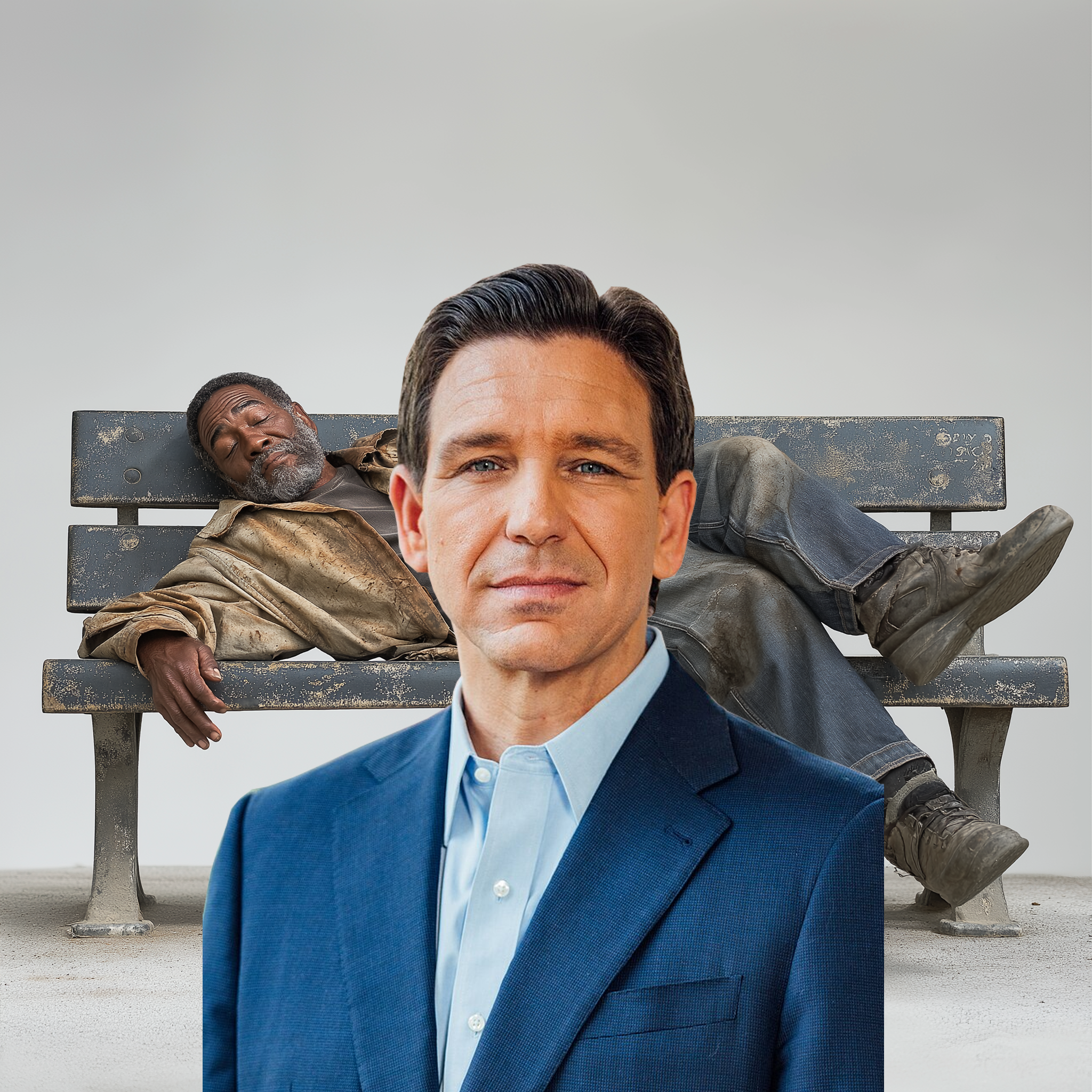A new Florida law set to take effect on October 1, 2024, will make it illegal to sleep or camp on public property without special permission from the state. The law, known as HB 1365, prohibits counties and cities from allowing people to sleep or camp in public spaces unless they receive certification from the Florida Department of Children and Families (DCF). This bill is significant because it essentially criminalizes sleeping on public land in Florida unless certain state-approved conditions are met.
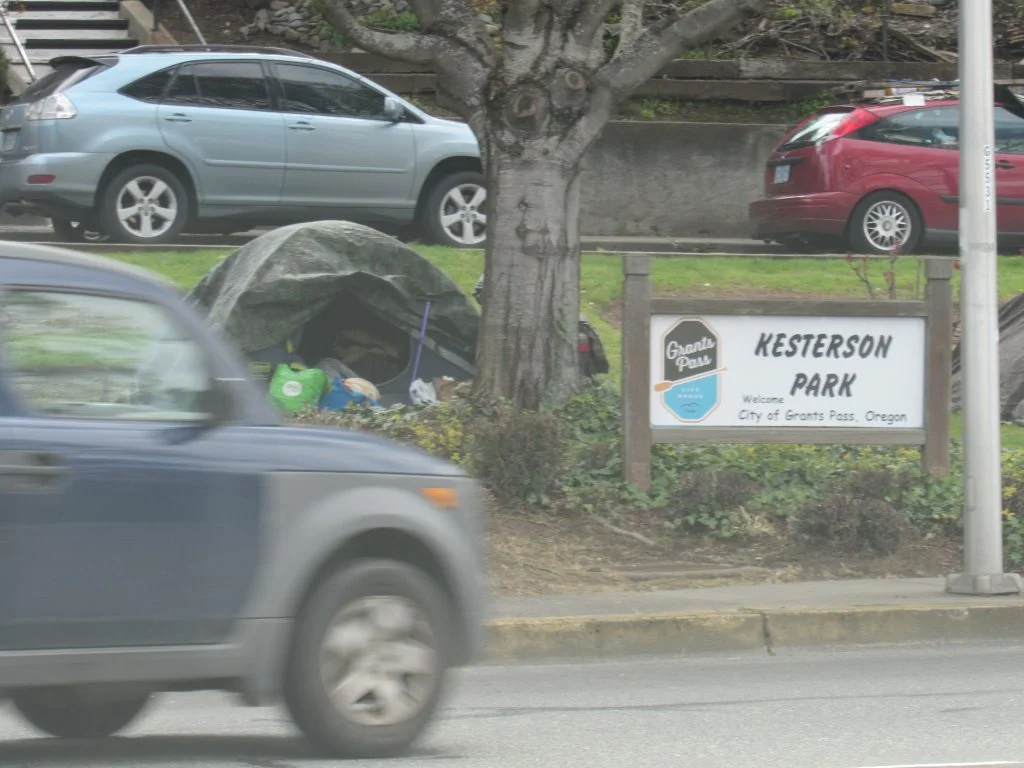
This new legislation was made possible in part by a recent Supreme Court ruling involving the city of Grants Pass, Oregon. In that case, the Court ruled that local governments could ban camping and sleeping in public spaces if there were shelter alternatives available. The ruling gave states like Florida more power to regulate the use of public land for camping or sleeping, as long as they offer some form of shelter or designated spaces as alternatives. Florida’s new law follows this blueprint, allowing counties to set up specific areas for public camping but requiring them to meet strict state regulations.
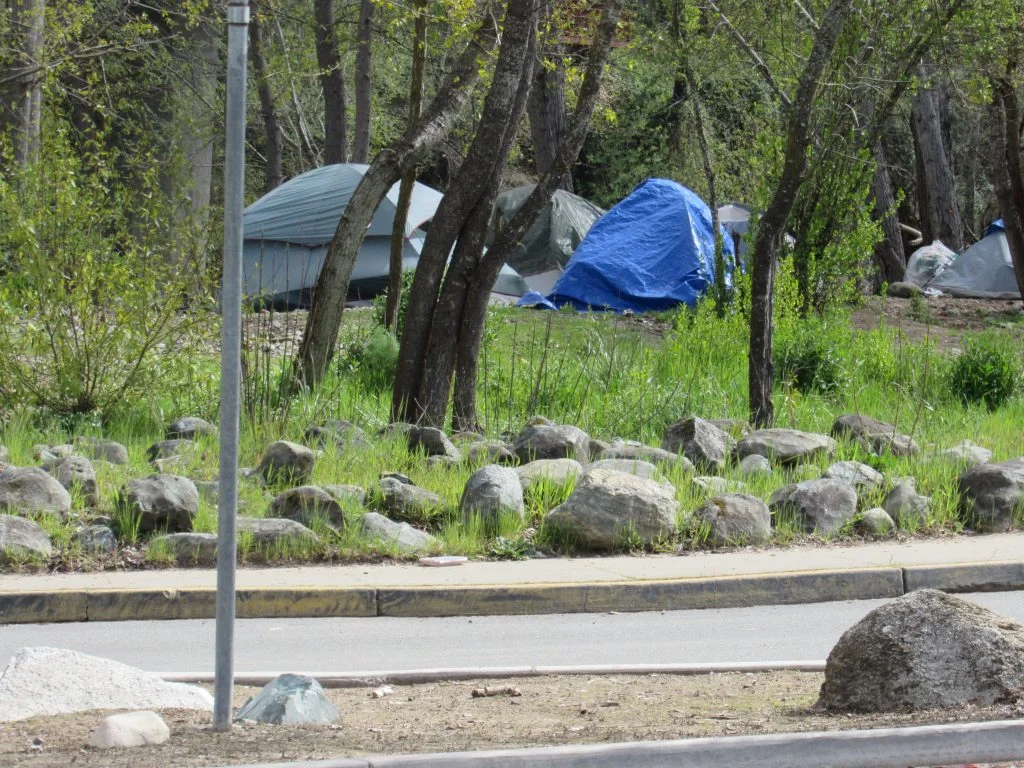
Under the law, counties can establish designated areas where people are allowed to sleep or camp temporarily, but only if these areas are certified by the DCF.
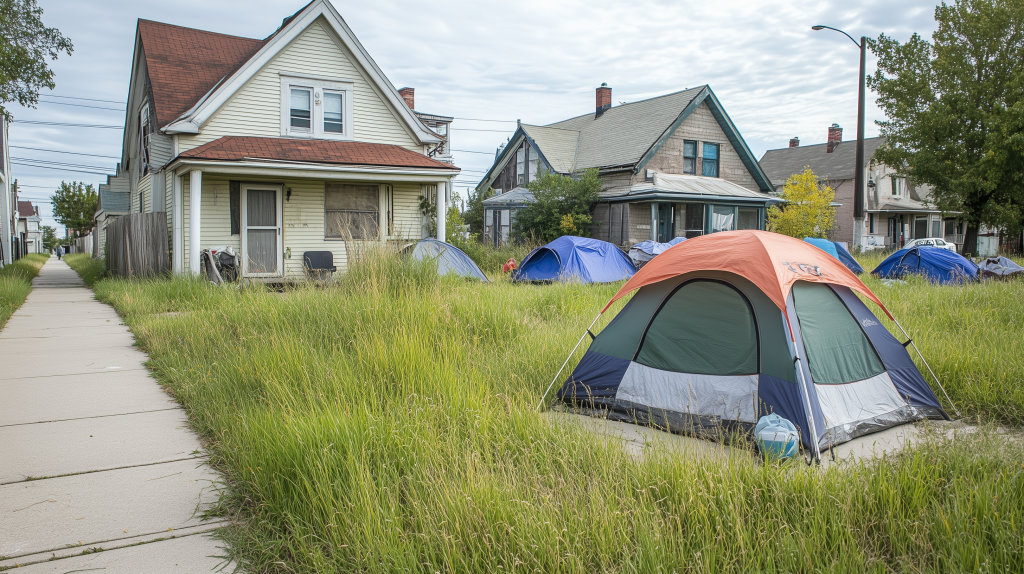
Local governments must set health and safety standards for these spaces, which could include requirements for sanitation and public safety measures. The DCF will have the power to inspect these sites and shut them down if they don’t meet the required standards.

For the most part, this law will make it illegal for people to sleep or camp on public property in Florida without special state approval. An exception is made for emergencies, such as hurricanes, where temporary shelters might be necessary.
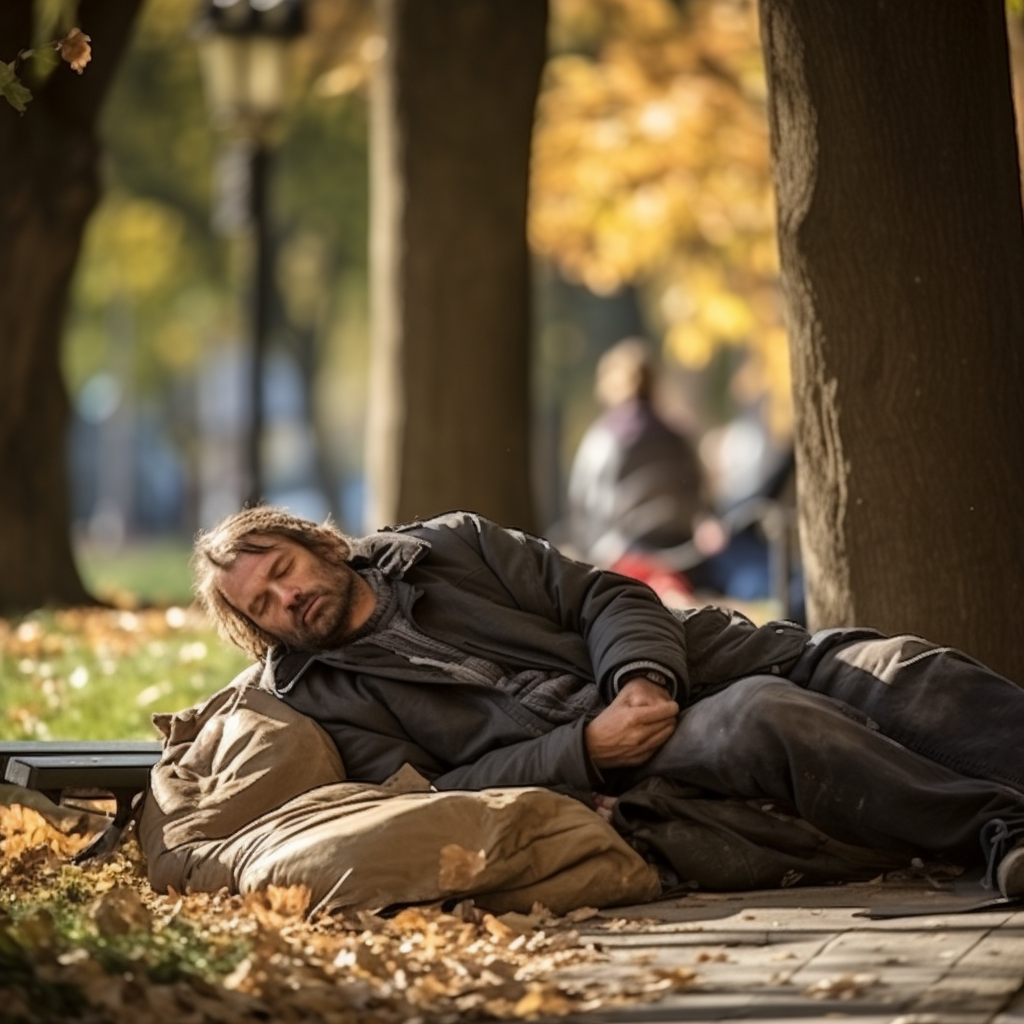
However, for day-to-day circumstances, the law makes it clear that public sleeping or camping will no longer be tolerated unless local governments go through the process of certifying designated areas.
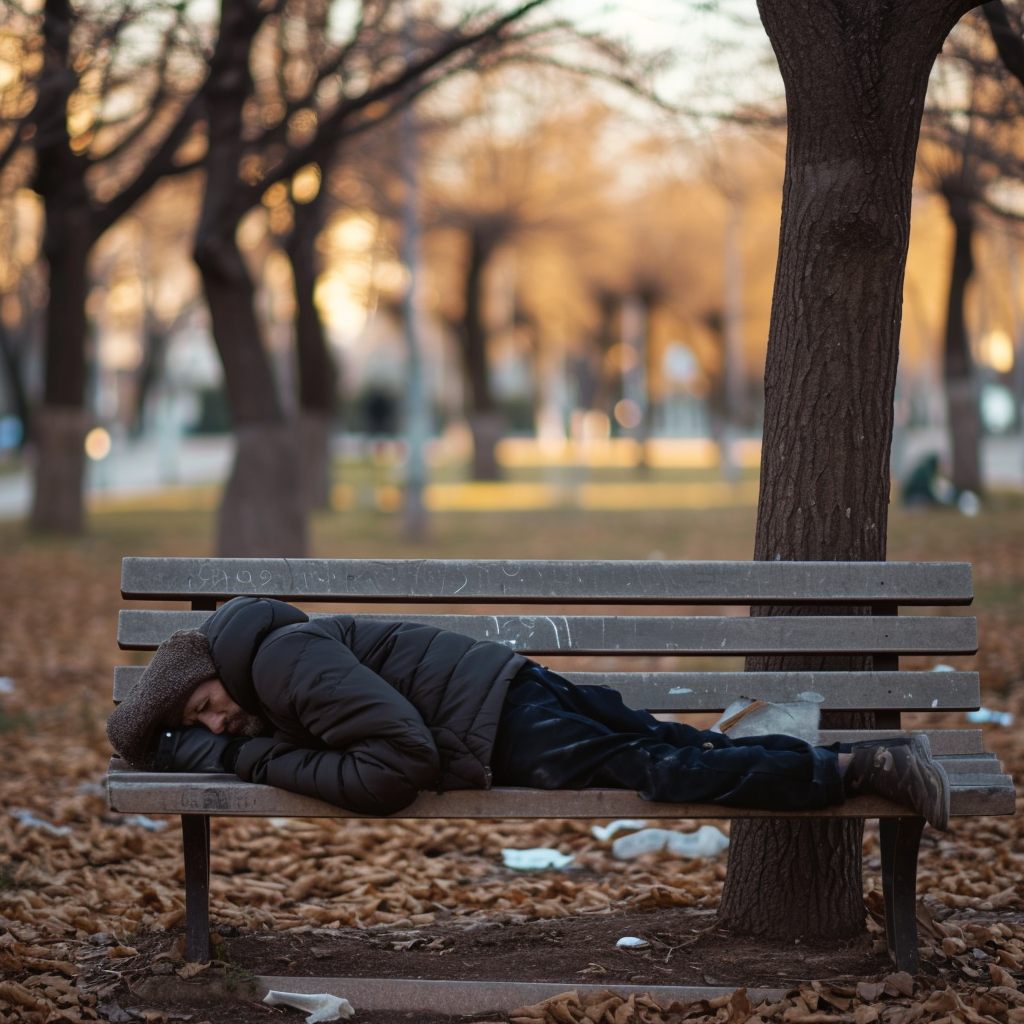
This move is part of Florida’s broader efforts to address homelessness and public safety, but it has raised concerns. Critics argue that the law could make it even more difficult for homeless individuals, as it limits their options for finding safe places to sleep.
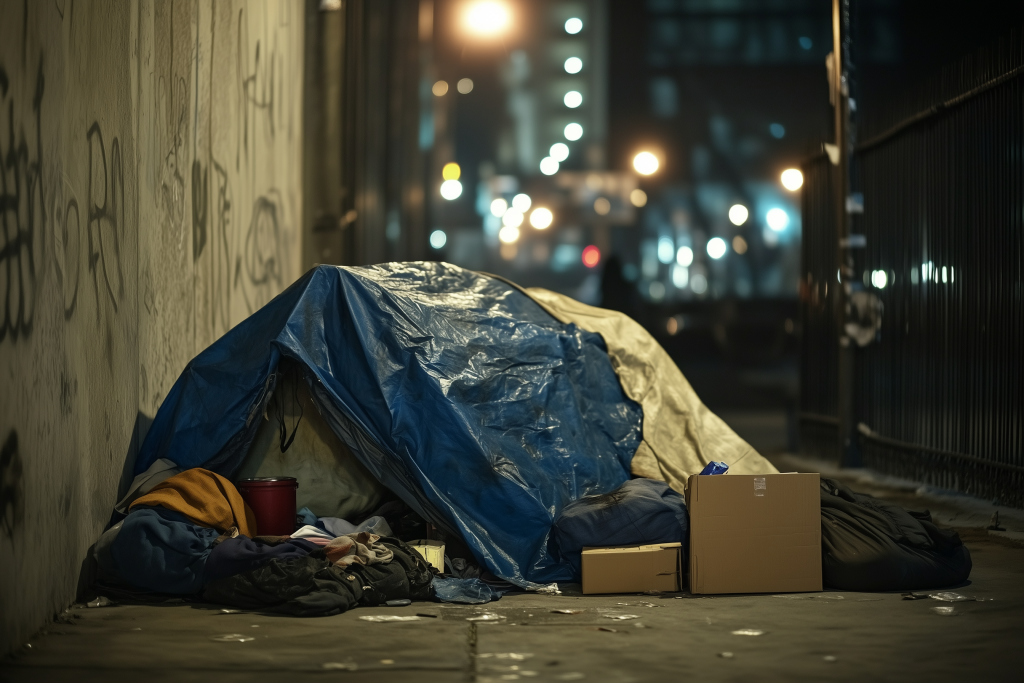
Starting in October, sleeping in public spaces without proper authorization will become illegal, unless local governments create certified areas in compliance with the new rules.
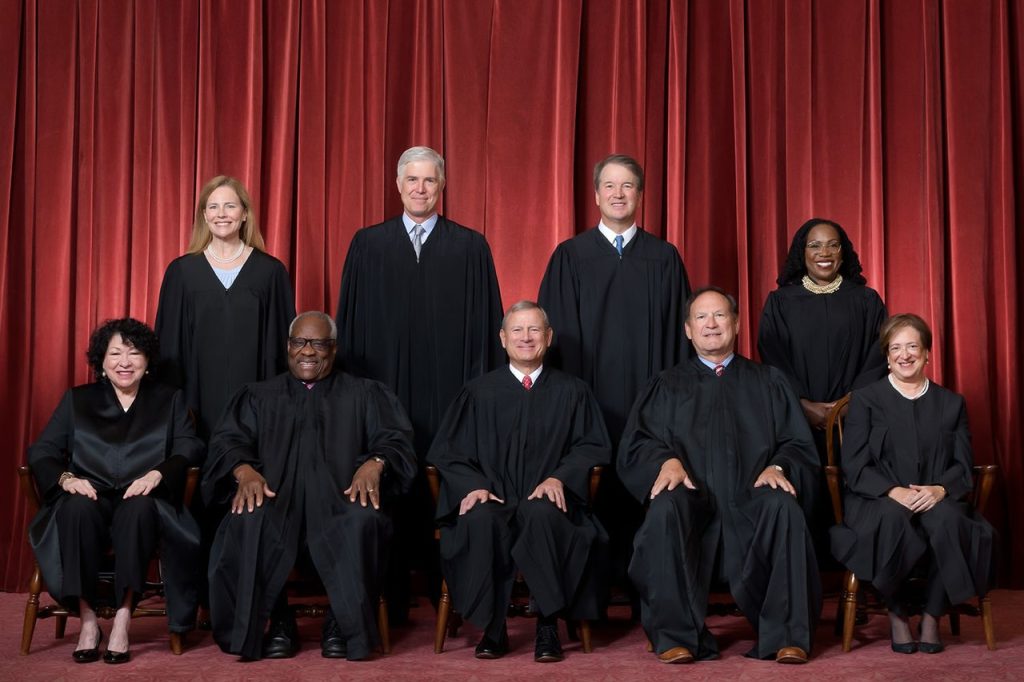
The Supreme Court’s Grants Pass ruling has set the stage for laws like this to take shape, giving states the legal backing to enforce stricter controls over public spaces.


